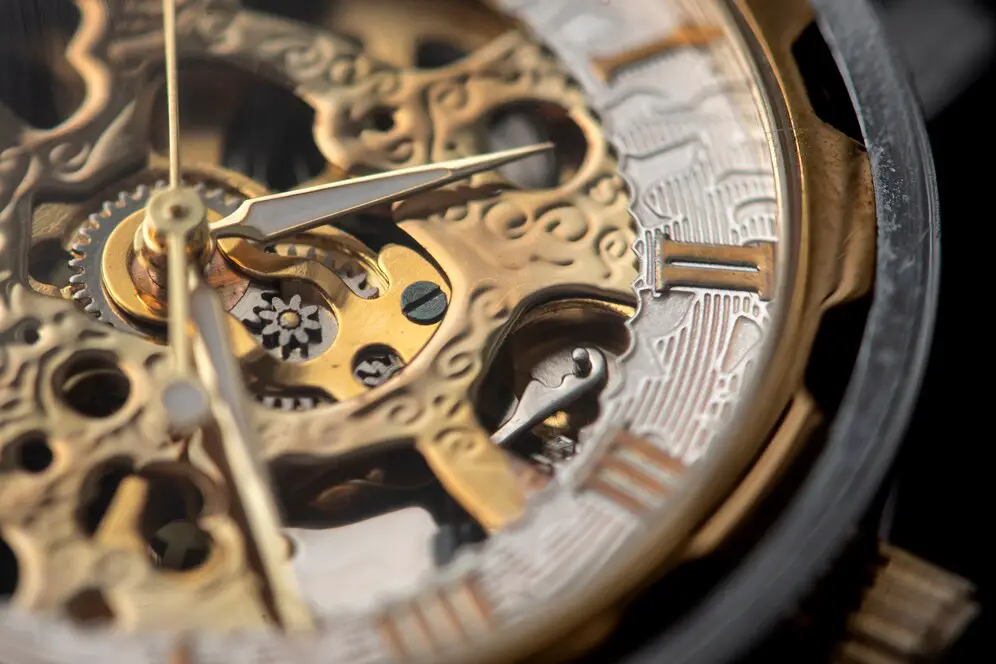What Are Prime Numbers
If you only vaguely remember your elementary school mathematics class, you may not remember what a prime number is. That's a pity because if you're trying to keep your emails safe from hackers or surf the web confidentially on a virtual private network (VPN), you're using prime numbers without even realizing it.
Prime numbers are a crucial part of RSA encryption, which uses prime numbers as keys to unlock the messages hidden inside digital gibberish. Prime numbers have other applications in life, so it's good to understand them. Now, to your original question — is 1 a prime number and why do prime numbers matter?
What Is a Prime Number? And How Does 1 Fit In?
Throughout history, mathematicians have grappled with the concept of what truly defines a prime number. Central to this debate was the status of the number 1. In the 19th century, there was a debate over whether 1 is a prime number or not.
People once believed 1 to be prime. The foundation of this belief rested on the idea that a prime number is defined by having only two positive integer divisors: one and itself. Hence, the only integer that posed a challenge in categorization was 1, because, by this basic definition, it met the criteria.
However, as mathematics evolved, there was a shift in this perspective. To make number theories and their resultant theorems more consistent and coherent, mathematicians revisited the criteria for a number to be identified as prime. The concept of prime numbers needed a distinction between prime and composite numbers.
By the definition that a prime number has exactly two distinct positive divisors, the number 1 didn't fit since it only has one distinct positive divisor: 1. Therefore, the categorization changed, no longer considering 1 prime.
This shift ensured that every positive integer greater than 1 is classified as either prime or composite. It helped to provide clarity in mathematical theories and theorems, eliminating potential ambiguities. While the debate has largely been settled with the consensus that 1 is not a prime number, the historical debate underscores the evolving nature of mathematical definitions and the constant quest for precision in the discipline.
Why Is 2 the Only Even Prime Number?
"The only even prime number is 2," says Debi Mink, a retired associate professor of education at Indiana University Southeast, whose expertise includes teaching elementary mathematics. "All the other prime numbers are odd numbers." This is because they have more than two factors. So, let's take a look at that.
All even numbers are composite numbers. 2 is the only even prime number because it doesn't have more than two factors — its only factors are 1 and the number 2 itself. For a number to be classified as a prime number, it should have exactly two factors. Since 2 has exactly two factors, 1 and the number itself, 2, it is a prime number.
Numbers like 2, 3, 5, 7, 11, 13 and 17, are all considered prime numbers because they have exactly two factors, 1 and the number itself. Numbers like 4, 6, 8, 9, 10 and 12 are not prime numbers because they have more than two factors.
Example
The List of Prime Numbers Between 1 and 100
- Prime numbers between 1 and 10: 2, 3, 5, 7
- Prime numbers between 11 and 20: 11, 13, 17, 19
- Prime numbers between 21 and 30: 23, 29
- Prime numbers between 31 and 40: 31, 37
- Prime numbers between 41 and 50: 41, 43, 47
- Prime numbers between 51 and 100: 53, 59, 61, 67, 71, 73, 79, 83, 89, 97
| Number | Prime | Factors | Is Prime? |
|---|---|---|---|
| 2 | 2 | 1, 2 | Yes |
| 3 | 3 | 1, 3 | Yes |
| 4 | 2 | 1, 2, 4 | No |
| 5 | 5 | 1, 5 | Yes |
| 6 | 2, 3 | 1, 2, 3, 6 | No |
| 7 | 7 | 1, 7 | Yes |
| 8 | 2 | 1, 2, 4, 8 | No |
| 9 | 3 | 1, 3, 9 | No |
| 10 | 2, 5 | 1, 2, 5, 10 | No |










